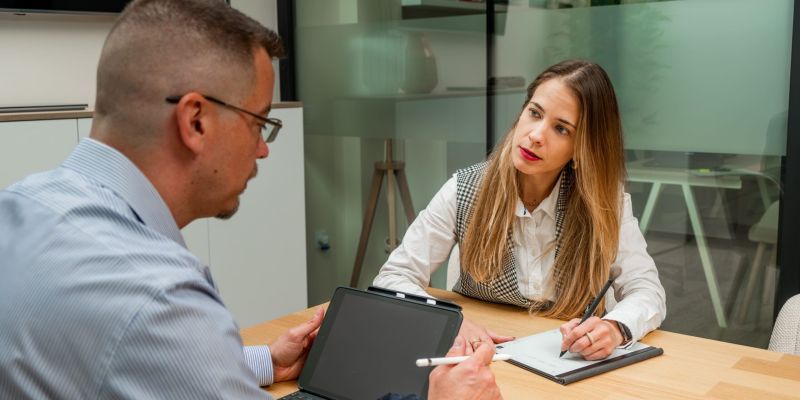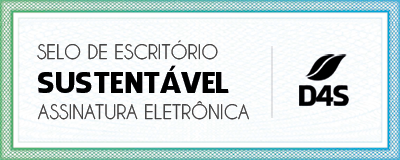
How to get your training recognized in Portugal
Since January 1, 2019, the recognition of foreign academic degrees and higher education diplomas in Portugal has been regulated by Decree-Law No. 66/2018. This decree replaces the previous ones, Decree-Law no. 283/83 and Decree-Law no. 341/2007.
The new Decree-Law aims to standardize the procedures for recognizing foreign qualifications, making them more transparent, fair and simple. It introduces changes to the previous regimes, clarifying concepts and extending the recognition of foreign qualifications to include higher education diplomas that do not confer an academic degree, but which are identical in level, objectives and nature to higher vocational technical courses. It also establishes simplified procedures, such as the precedence system for level recognition, which speeds up the process and reduces costs and response times.
Types of Recognition
There are three types of recognition in Portugal: automatic recognition, level recognition and specific recognition. Below, we will go into more detail about each type to help those seeking information about the process of recognizing a diploma obtained abroad.
Automatic recognition
Automatic recognition aims to generally recognize a higher education degree or diploma obtained abroad, comparing it to the licenciado, mestre, doutor or técnico superior profissional degrees awarded by Portuguese educational institutions.
To use this type of recognition, check the applicability to your case on the form available on the website of the Directorate General for Higher Education (DGES). If applicable, the application must be made via the DGES online platform, attaching all the necessary documents, such as a valid passport and a notarized diploma.
The fees and processing times are available on the DGES website. It is important to validate this information with your chosen educational institution before starting the process.
Level Recognition
Level recognition compares, on a case-by-case basis, a degree or diploma obtained abroad, awarded by a foreign educational institution, with a higher education degree in Portugal. This type of recognition adopts a precedence system to speed up the process.
The application must be made by the applicant or their proxy to a Portuguese public university or polytechnic institute via the DGES online platform. In addition to personal documents and a notarized diploma, you need to submit documents such as course units taken, syllabus content, duration of studies, grading scale and final classification.
For master’s or doctoral degrees, it is necessary to include the dissertation or thesis defended, and if there was an internship, attach the corresponding report.
Specific Recognition
Specific recognition, also known as “equivalence”, recognizes a foreign higher education degree or diploma as if it had been obtained in Portugal, both in terms of level, duration and syllabus content.
The application must be submitted on the DGES platform, with personal documents, a certified diploma and other documents such as course units, syllabus and, for master’s or doctoral degrees, the dissertation or thesis. Knowledge tests or other academic assessment methods may be required.
Final Guidelines
As a rule, all types of recognition involve a documentary phase with online submission and a phase where the original documents are presented for checking. Depending on the case, there is a third stage for tests/assessments/presentation of work.
The type of recognition requested must be guided by the applicant’s objective. For example, doctors and psychologists must submit their training for specific recognition, as required by their professional associations.
For applications to master’s or doctoral courses in Portugal, as a rule you don’t need specific recognition of your undergraduate degree, but when you complete these courses, your undergraduate degree will not automatically be recognized.
It is advisable to consult the DGES website for metrics on educational institutions, including professional membership, the proportion of national and international students, rankings and training offers.
You can start the recognition process even before you live in Portugal. A proxy can handle the face-to-face stages. In the case of knowledge assessments, the tests take place a few times a year and follow a specific procedure, with the call for exams respecting the chronological order in which the files are received and their respective stage in the procedure.
Detailed research and the advice of a specialized lawyer can ensure that you are prepared for the recognition process, with expectations aligned in terms of financial investment and processing time.Armed with this information, you are ready to start planning and move towards your life, academic and professional goals. If you have any questions, contact us.



